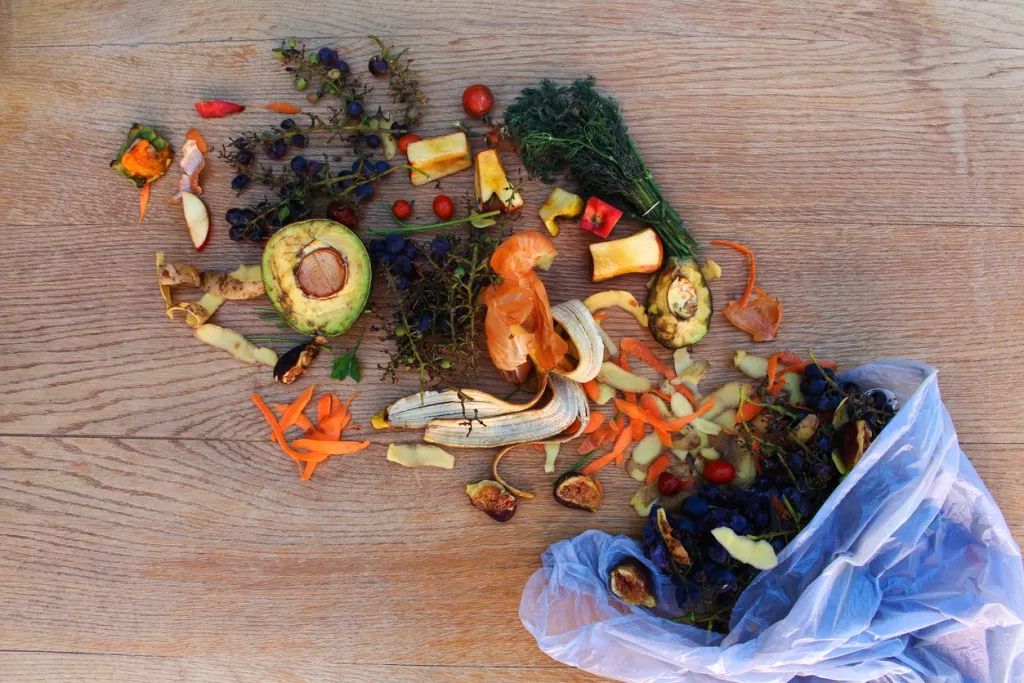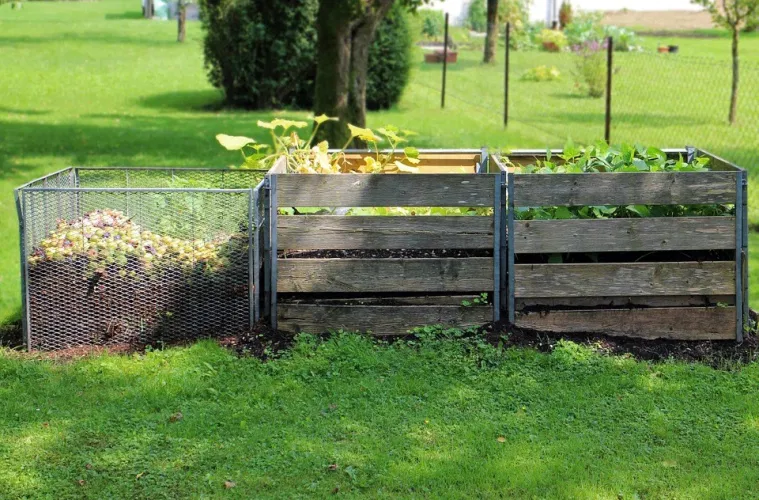Home composting is a great way to utilise your leftover food scraps and grass clippings. By putting your organic waste into compost, not only are you keeping it out of landfills where it produces ozone-damaging methane, but you are also creating a brilliant product which can be used to invigorate your garden and enrich your soil.
You may be aware that some manufacturers have created packaging which can be composted. In this day and age where the biggest issue facing us is the health of our planet, this is welcome news. But just because something says it is compostable doesn’t mean it can be thrown onto your compost heap at home. Compostable packaging often needs to be held in certain conditions to actually break down.
Creating an effective compost heap at home

The first step is knowing what can go into your compost at home. Most councils provide an organics bin with regular collection, as well as information about what can and cannot be put in to them. Council websites are a great reference point for discovering what can be composted – whether it’s in your organics bin or a homemade compost heap.
Check out the following links to council websites for more information about composting in our three main urban centres:
If your council doesn’t provide an organics collection, or even if they do, starting your own compost heap is a great way to give back to the environment. Provided you get a few vital elements right, it can be an easy, straight-forward, and ultimately rewarding activity. Kiwicare have created an excellent guide for developing a home compost heap, complete with all the do’s and don’ts of composting, and the basics of what you can put on your heap.
Home vs Commercial – what packaging can be composted?

If packaging says that it’s compostable, then surely that means it will break down in your compost heap at home, right? Not necessarily.
While some packaging will break down over time in a home compost set-up, other packaging materials need to be processed in a commercial environment, due to increased temperature requirements and processing needs.
Commercial composting plants need to run their operations on a sustainable business model. This means that if it is not profitable to compost the “compostable” material or their plant is not set up to handle all types, it will most likely end up in the landfill. The wastemin.org.nz website lists the following reasons why material labelled “compostable” may be rejected and end up in the landfill instead.
- Contamination issues (i.e. unwanted materials ending up in the mix such as plastic cling wrap covering it).
- A lack of means to clearly identify certified compostable materials.
- The length of a facility’s processing time (ie some compostable material may take longer than their industrial process).
- Issues with ratios of nitrogen-rich material (i.e. garden and food waste) versus carbon-rich material (i.e. compostable packaging).
- Organic input restrictions, for example, organic certification (such as New Zealand’s BioGro organic certification) excludes any PLA (polylactic acid, plant-based plastic) feedstock.
As a lot of compostable material may end up in the landfill, one suggestion is to use fully recyclable materials such as glass and PET, and RPET plastics which can be recycled and used for food grade packaging (click here for a more indepth explanation of these types of plastic). These materials do not end up in the landfill and can be currently recycled in New Zealand.
In the search for sustainability, glass and PET/RPET plastics may currently offer a better solution for reducing waste in our landfills.
New Zealand, the future is in your hands
– now it’s time to act!
It is no secret that the health of the planet is in a critical state. If we want to preserve our world for generations to come we need to act, and we need to act now. It is no longer okay to take our waste for granted and hope the work that others are doing will make up for it.
If we all chip in and do our part, we can help reverse the damaging effects of climate change. Small adjustments to our daily lifestyles like the use of compostable packaging and its correct disposal can help our planet – before it is too late.

